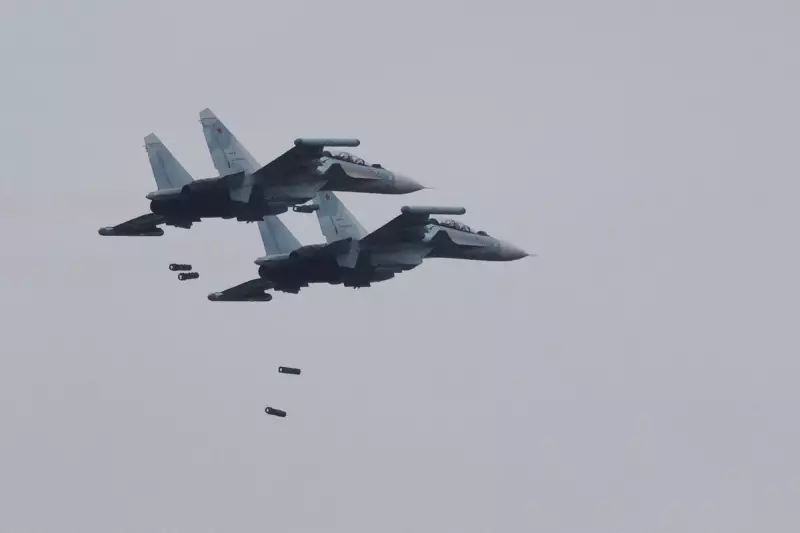
Estonia's top intelligence official has issued a stark and urgent warning to the West: Europe has a critical three to five-year window to prepare for a direct military confrontation with Vladimir Putin's Russia.
Kaupo Rosin, director general of the Estonian Foreign Intelligence Service, presented a chilling assessment in Tallinn, stating that Moscow is on a definitive path towards 'long-term confrontation' with the NATO alliance. The report, titled 'International Security and Estonia', serves as a sobering wake-up call for European capitals.
A Race Against Time for NATO
The report meticulously outlines how the Kremlin is rapidly reconstituting its military capabilities, far exceeding pre-war levels in some sectors. 'Russia has chosen a path which is a long-term confrontation... and the Kremlin is probably anticipating a conflict with NATO within the next decade,' Mr Rosin stated.
This forecast presents a narrow but crucial 'window of opportunity' for Europe to bolster its own defences, increase military production, and ensure strategic readiness. The urgency of the message underscores a significant shift in the security landscape of Eastern Europe.
Beyond the Battlefield: The Hybrid Threat
The Estonian analysis goes beyond conventional warfare, highlighting Russia's escalating hybrid attacks on Western democracies. These include:
- Sophisticated cyber warfare targeting critical infrastructure.
- Organised immigration crises orchestrated on eastern borders.
- Widespread disinformation campaigns aimed at destabilising societies.
- Physical vandalism and sabotage operations across NATO member states.
These tactics are viewed as a deliberate attempt to test alliance resilience and sow division without triggering a full-scale Article 5 response.
The Call to Arms: Europe Must Step Up
The report is a direct plea for European nations to take collective defence seriously. It emphasises that while US support remains vital, Europe cannot solely rely on American security guarantees in an era of evolving global threats and potential political shifts.
The findings from one of NATO's most frontline states will add immense pressure on alliance members to urgently meet—and exceed—the 2% of GDP defence spending target, transforming it from a ceiling into a baseline for continental security.





